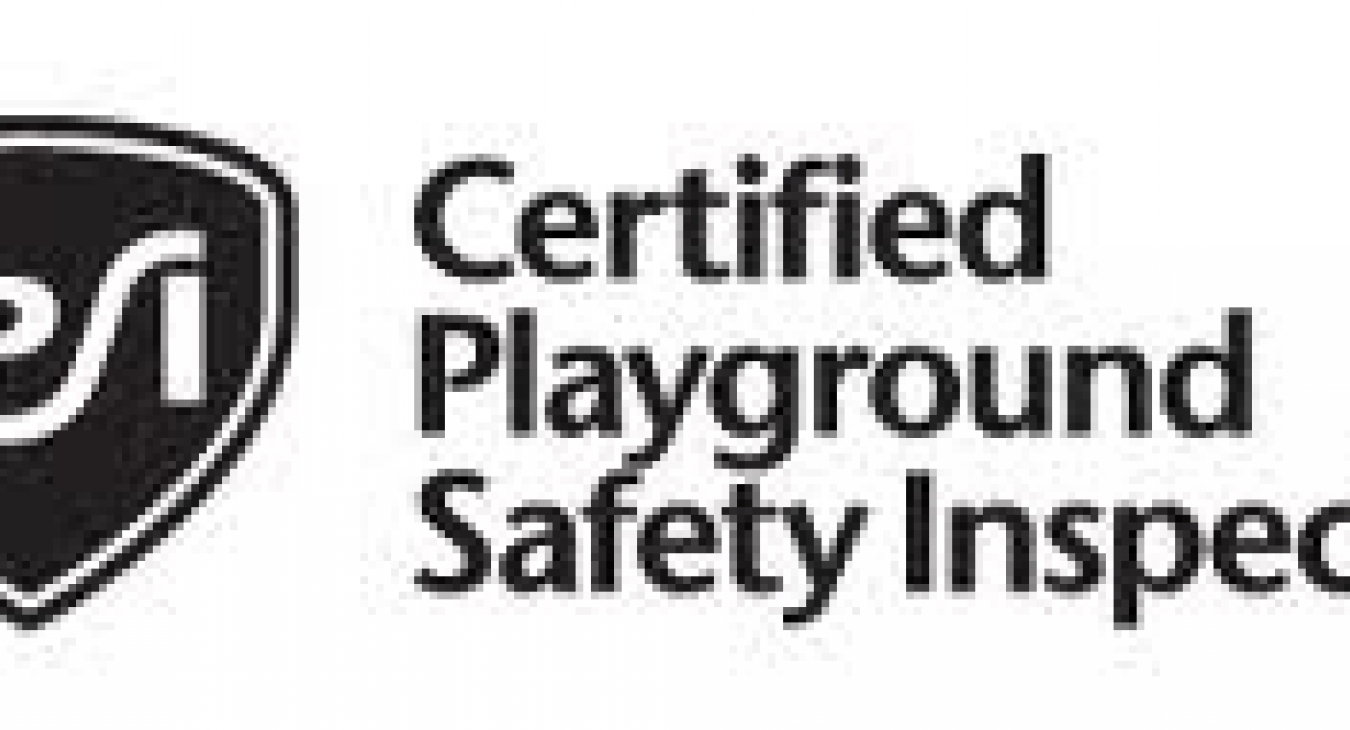Certified Playground Safety Inspector
A series of comments and questions related to the CPSI examination process have surfaced on one of the National Recreation and Park Association’s (NRPA) social/professional networks appropriately named, NRPA Connect. The group network or community is named, “CPSI & Playground Safety Community.” This online community is open to any CPSI Course participant regardless if they pass the CPSI examination. For more information on how to join, contact Karen Snyder, NRPA Playground Safety Coordinator. As I reviewed the questions and comments, the primary concern or issue is the requirement to re-certify by taking the examination every three years. The second issue was the CPSI Candidate’s desire to know what questions they got wrong and have the opportunity to discuss the correct answer with NRPA or their course instructor. Here are some excerpts from the comments made on the NRPA Connect: CPSI & Playground Safety Community.
Why do I need to keep re-certifying to maintain my CPSI?
“I, too, agree that taking the test to recertify is a waste. My pesticide recertification only requires a one day class. I am all for the class for updates.”
“I agree with you, did the online exam three years ago and plan the same for my recertification in March. This will be for the 5th time I have taken the test. All my other certifications require educational and work experiences but not testing.”
“I liked the in-class course. I learned a lot however, to have to recertify every three years by passing the basic exam is a money grab plain and simple. It's like in school, we all cram for the test and when the test is over, that’s it. Nobody can possibly remember all these requirements. That’s what they have reference materials for. It is my opinion that recertification should be performance based similar to the Certified Safety Profession (CSP) or the Certified Hazardous Materials Manager (CHMM). We are required to show proof of continued education, proof that you are actually working in the field, etc. The application for recertification has a cost to it, but not an exam! Why doesn't a lawyer have to retake the BAR exam every three years? By-the-way, the online refresher is Xcellent!”
“I did my last recertification using the online prep and it work great for me. It helped me pass my re-cert exam locally. My only issue is having to re-cert every three years. I have numerous professional certifications in the professional safety and environmental engineering field and they do not require taking a recertification test. You do have to show proof of continued education and be working in the field but no testing.”
“I would not consider the online tutorial and exam for the 1st or 2nd time. I have taken it 6 times. Regardless of who pays for it (and I hope it's your employer) it is worth it to network with others about all the other things. I knew one guy that was unemployed at the time and got a job from one of the other attendees. He still complains about the 3 day interview.”
“I took the online course last year and was able to pass the test with a good margin. If I had to do it over again, I would take the class in person as I did quite a bit of outside studying of the ASTM and CPSC standards. It seems very beneficial to have the interaction with others to talk through situations. The pros and cons of the online program are as follows;
Pros:
- 4 modules with questions peppered throughout and a practice exam.
- Can work at your own pace at your workstation.
- Great for folks who are good at taking standardized tests.
Cons:
- No collaborative feedback.
- Still need to study outside of the materials presented in the modules.”
Here is my initial response to the group.
“Any national certification program worth its salt requires a consistent approach to maintain the integrity of the exam. These requirements are not just established by NRPA. They are created and maintained by organizations whose responsibility and livelihood are based on the integrity and reliability of the examination results. It assures ongoing credibility based on the body of knowledge and exam questions which have passed the test of time. Over time each exam and question is analyzed for its validity from year to year. National certification exams have a specified number of repeat questions used in each exam from one year to the next. These questions are known as “equators”. Without these equator questions the exam company cannot effectively evaluate and compare the year to year results of each and every exam and establish a passing rate that reflects consistency in the passing rate from one year to the next. NRPA could stop the current practice any time they choose but they could no longer defend the CPSI as a national or international certification program. Knowing what questions one gets incorrect on the exam would rapidly negate any exam security and the credibility of the CPSI Certification designation. Many of these questions have been asked time and time again. Nobody is requiring anyone to attain this CPSI designation. Having the CPSI designation does not make one an expert or a good inspector. Hopefully it makes one a better inspector. I am currently writing my column for Professional Playground's electronic newsletter. It will be a bit of a historic account of how the CPSI Certification came about and some of the options for attaining and maintaining this certification if one chooses or is required to do so. A CPSI is just one of approximately 6 to 7 thousand certified individuals whose primary responsibility is to identify safety concerns which could severely injure a child. Take pride in your achievement and do not rest on your past exam results. Until you get 100% on an exam there is always room for improvement and the opportunity to learn new things. Only with continuing education can you attain this goal. And, only by passing a rigorous examination can one prove they have gained the knowledge necessary to use the CPSI designation.






CPSI exam and questions
Three years is still too short of a period to re-certify. The easier problem to fix is getting the comments and questions the student has (WHILE TAKING THE EXAM) to an instructor to contact the student at a later date to discuss. Promote and encourage students to submit their questions/comments they have about test questions, and the help they get later on from an instructor will help with overall knowledge and properly identifying safety hazards.